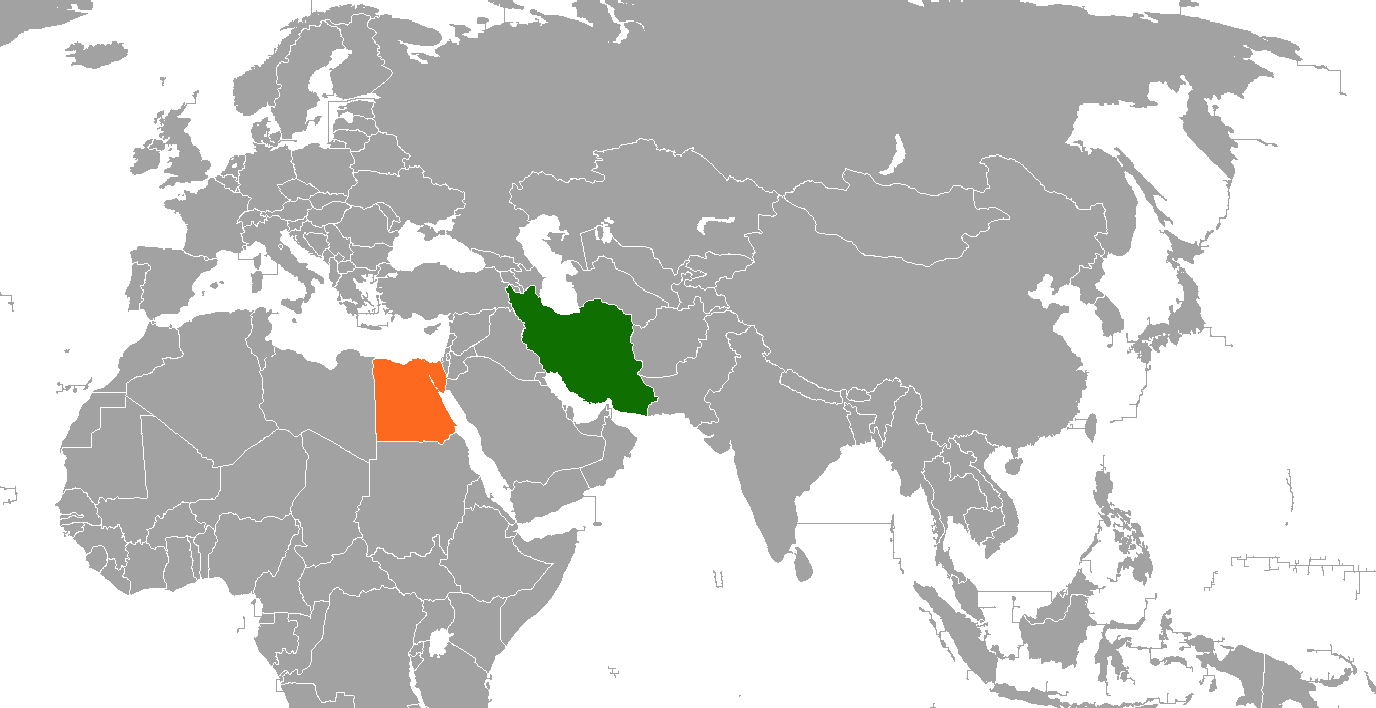As tensions escalate between Israel and Iran following the assassination of Hamas leader Ismail Haniyeh, a key Arab ally has made a surprising move. Egypt has reportedly informed Israel that it will not join any military coalition against Iran, just hours before a potential attack.
This decision by Egypt comes at a critical juncture, with the region bracing for a possible full-blown war between Israel and Iran. The death of Haniyeh has sparked outrage in Iran, which has vowed severe retaliation against Israel.
Israel’s reliance on Egypt as a strategic partner in the region has been a cornerstone of its security strategy. However, Egypt’s refusal to support Israel against Iran highlights the complex geopolitical dynamics at play in the Middle East.The move by Egypt is seen by some as a “pro-Iran” stance, as it effectively distances itself from Israel’s confrontation with the Islamic Republic. This decision could have far-reaching implications for the balance of power in the region and the ongoing efforts to maintain stability.
As the world watches anxiously, the situation remains fluid and unpredictable. The potential for a wider conflict involving Israel, Iran, and their respective allies looms large, with the consequences potentially devastating for the entire region.In these uncertain times, the international community must engage in diplomatic efforts to de-escalate tensions and prevent a catastrophic war. The stakes are high, and the need for a peaceful resolution has never been more urgent.



